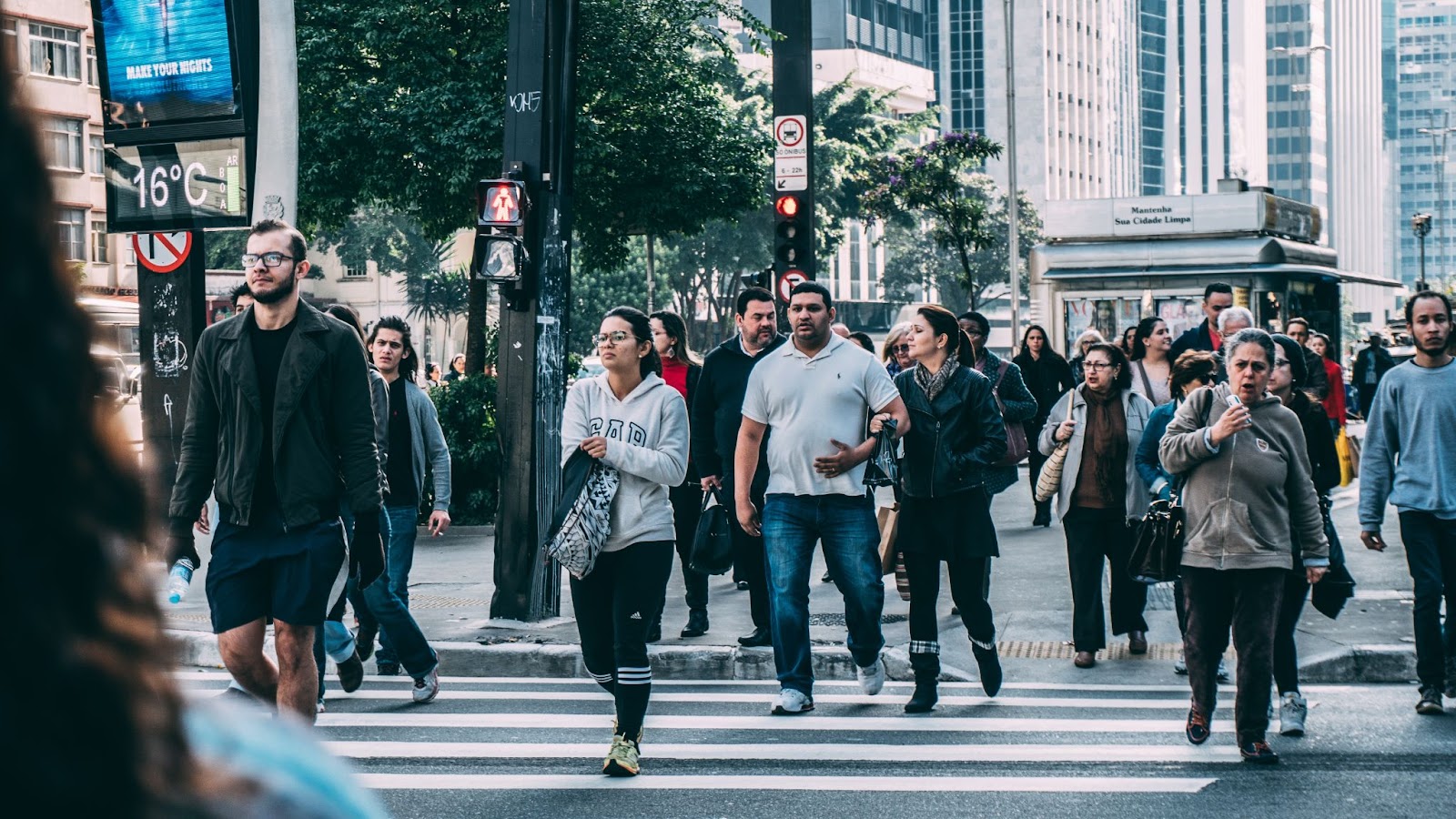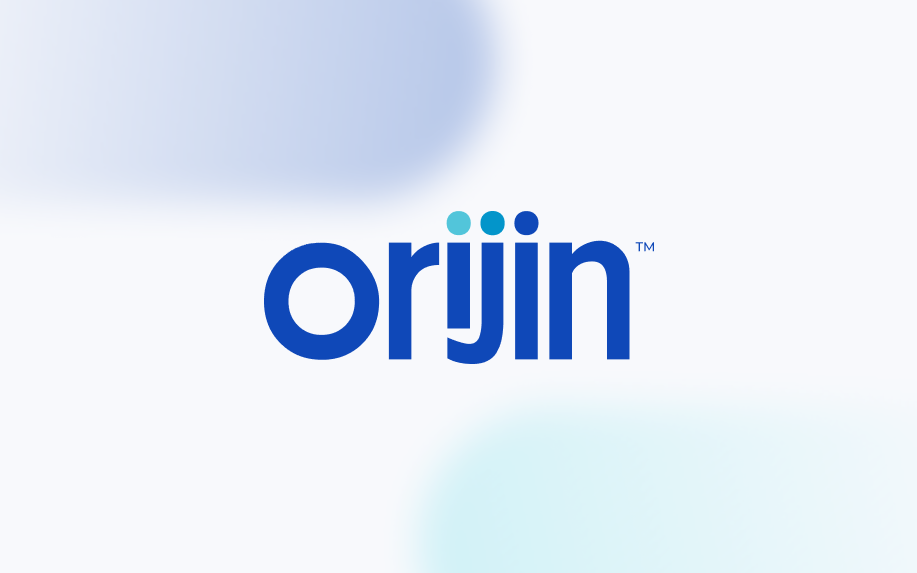“Second Chance and Fair Chance hiring practices aren’t just about giving individuals a second shot at life; they’re about building stronger, more inclusive communities and fostering a fairer society.”
In the quest for a just and inclusive society, Second Chance and Fair Chance hiring practices have emerged as powerful tools for change…change for justice impacted individuals, change for today’s workforce, change for employers looking for great employees, and change for our society. These practices recognize the potential for redemption and growth in individuals who are returning or have returned to their communities from incarceration and aim to provide them with opportunities to reintegrate into society through gainful and meaningful employment.

Before we delve into their importance, let’s clarify what Second Chance and Fair Chance hiring practices entail:
Second Chance Hiring This approach offers justice impacted individuals the opportunity to rebuild their lives by providing employment opportunities. It acknowledges that everyone deserves a second chance to prove themselves and break the cycle of recidivism.
Fair Chance Hiring Fair Chance hiring practices remove barriers that discriminate against individuals with a criminal history. This can include delaying background checks until later in the hiring process, asking about convictions rather than arrests on job applications, and considering the relevance of the conviction to the job role.

Now, let’s explore why these practices are crucial.
One of the most compelling reasons for embracing Second Chance and Fair Chance hiring is their potential to reduce recidivism rates. Studies consistently show that stable employment significantly increases the chances of formerly incarcerated individuals living a life that is free from further justice involvement. By offering meaningful work opportunities, we help break the cycle of incarceration and create safer communities.
Many justice impacted individuals possess valuable skills and talents that can benefit employers. By overlooking this talent pool, businesses miss out on diverse perspectives, experiences, and skills that can drive innovation and growth. Second Chance and Fair Chance hiring practices open the door to a broader, more diverse workforce. We hear the term “lived experience” quite often, but it’s a bit of a game changer to consider an individual’s “lived expertise,” which are skills and knowledge learned informally that are transferable to the workplace.

Beyond the moral imperative, there are economic reasons to embrace these practices. Reduced recidivism and increased employment among justice impacted men and women can lead to substantial cost savings for the criminal justice system. Moreover, individuals who secure stable employment become taxpayers, contributing positively to the economy.
Embracing Second Chance and Fair Chance hiring practices is a step towards a more equitable and just society. It acknowledges that a criminal record should not be a lifelong sentence of exclusion from economic opportunities. Instead, it offers individuals the chance to rebuild their lives, support their families, and become productive members of society.
In many regions, there are legal requirements related to fair hiring practices and discrimination against individuals with criminal records. Adhering to these regulations not only ensures legal compliance but also fosters a reputation for being an inclusive and socially responsible employer.
Companies that implement Second Chance and Fair Chance hiring practices often receive positive media coverage and community support. Demonstrating a commitment to social responsibility can enhance a company’s reputation and attractiveness to customers and investors.
And most importantly, offering someone the opportunity to engage in meaningful employment, to have purpose, to be able to meet financial obligations, and to live independently and free from justice involvement is perhaps one of the most meaningful doors we can open to people, many of whom have never experienced open doors.
In conclusion, Second Chance and Fair Chance hiring practices aren’t just about giving individuals a second shot at life; they’re about building stronger, more inclusive communities and fostering a fairer society. These practices benefit not only those who receive a second chance but also the businesses and communities that embrace them.




